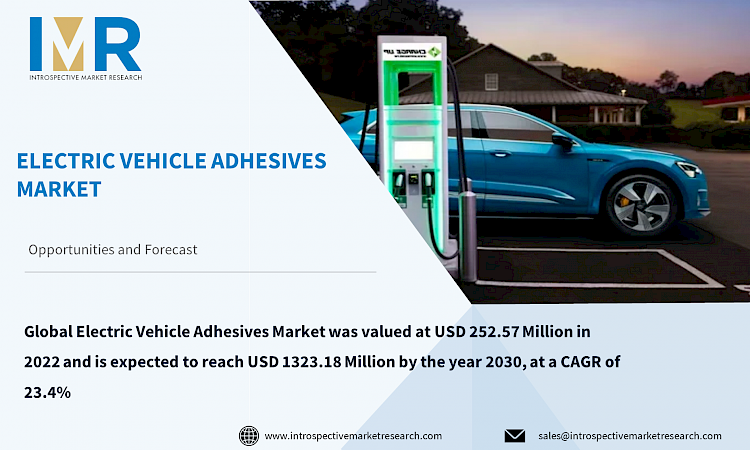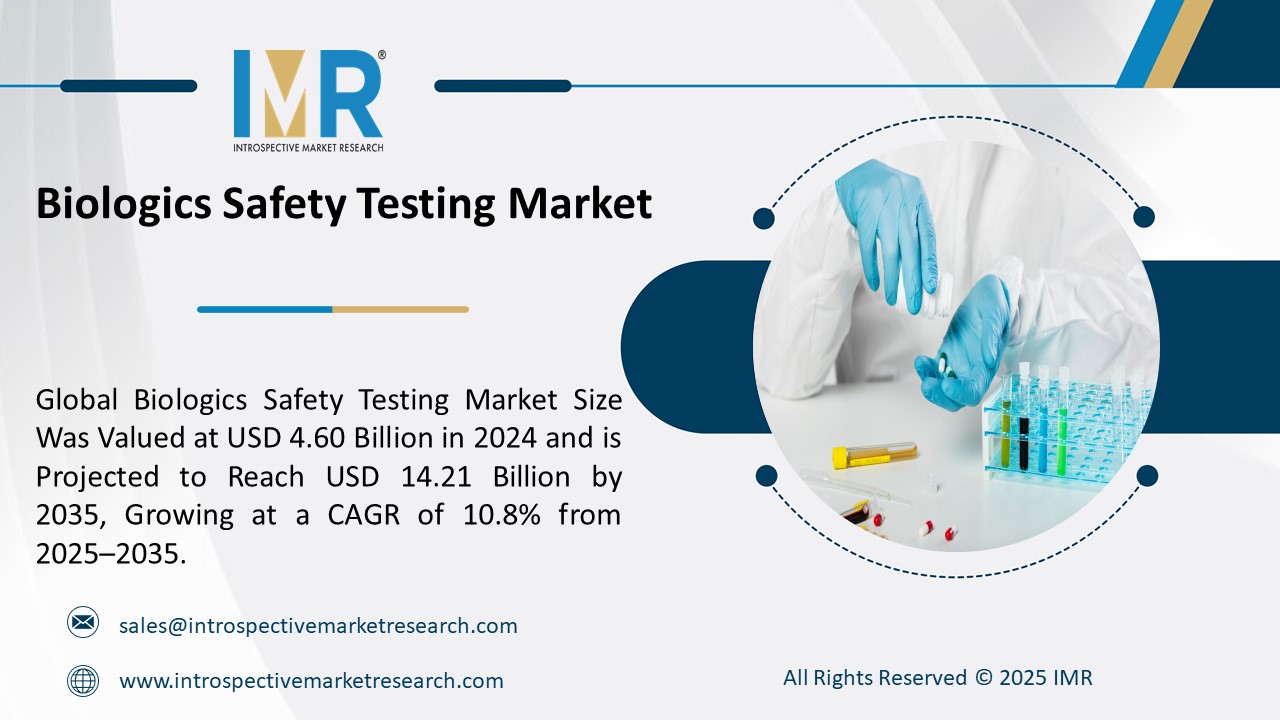Market Overview:
Global Electric Vehicle Adhesives Market was valued at USD 252.57 Million in 2022 and is expected to reach USD 1323.18 Million by the year 2030, at a CAGR of 23.4%
Adhesives provide major advantages to both types of vehicles, including ease of use compared to welding, sealing, environmental resistance, thermal conductivity, electrically insulating, heat resistance, no odor adhesives, distributing stress, and joining dissimilar materials. The significance is of adhesives specific to electric vehicles such as thermal conductivity, bonding composites, low surface energy plastics, decreasing weight, and electrical insulation. Furthermore, the types of electric vehicles such as electric bikes (2-wheeler), electric cars, electric buses, and electric trucks. Polymer, composite, and metal have been considered the key polymer on which EV adhesives are used. The utilization of EV adhesives is growing owing to various requirements by automakers, such as bonding similar and dissimilar materials, the substitution of traditional substrates materials for synthetic substrates, and the growing target on environmental concerns.
Top Key Players in Electric Vehicle Adhesives Market:
3M Company, Dupont (Dow Chemical), Ashland, Weicon GmbH & Co. KG, Avery Dennison, Bostik S.A. (An Arkema Company), Dymax Corporation, Evonik Industries AG, H.B. Fuller, Henkel, Illinois Tool Works Corporation and Other Major Players
Market Dynamics and Factors for Electric Vehicle Adhesives Market:
Drivers:
Growing Inclination For Supporting Environmentally-Friendly Vehicles
The growing inclination for supporting environmentally-friendly vehicles to curb the carbon footprints of the earth is anticipated to improve the electric vehicle adhesives market growth over the forecast period. Electric vehicle adhesives act as a key role in electric vehicles (EVs) by not only declining their weight but also improving their efficiency. Electric vehicle adhesives are utilized for different applications in EVs, such as component joining and defending them against shock and vibration damages, aiding in making a path for conducting the heat away from modules and cells by segregating the components and averting the risk of fire by overcoming shorts. Such significance is fostering the consumption of the electric vehicle adhesives market. Furthermore, electric vehicle adhesives are highly utilized in module and pack bonding, followed by thermal interface bonding and battery cell encapsulation
Opportunities:
Growing Demand From Automotive Industry
The automotive industry is a major end-user of electric vehicle adhesives. Demand for electric vehicle adhesives has been growing because of the rise in requirements by manufacturers. For instance, these adhesives are utilized in bonding similar and dissimilar materials; and substitution of traditional substrate materials for synthetic substrates. Growth in focus on environmental concerns is also improving the demand for electric vehicle adhesives. Electric vehicle adhesives also address problems in engineering and design, as they are valued for their capacity to resist vibration. They are also lightweight and support distributes stress over a wide area. Adhesives and sealants play a vital role in the advancement of vehicle electrification technology.
Segmentation Analysis of the Electric Vehicle Adhesives Market:
By Type, the Plug-in Hybrid Electric Vehicle (PHEV) segment is Anticipated to Dominate the Market Over the Forecast period. The PHEVs registered the highest electric vehicle adhesives market share, which is anticipated to reverse by 2027 when BEVs emerge as the major vehicle type. The number of adhesives utilized by BEVs is higher than that of PHEVs.
By Application, the Pack and module bonding segment is Anticipated to Dominate the Market Over the Forecast period. The battery packs in electric powertrains make use of adhesives in their production, which leads to various benefits, such as improvement in the crashworthiness and integrity of battery packs, lightweight, bonding of multiple substrates, and bonding of uncoated metal.
Regional Analysis of the Electric Vehicle Adhesives Market:
Asia Pacific region is expected to dominate the electric vehicle adhesives market over the forecast period. In recent years, the electric vehicle industry in the Asia Pacific region has experienced massive expansion. This is featured by the region being registered for the maximum share of battery electric vehicle sales globally. In addition, Asia Pacific has been experiencing major growth than its Western competitors with its electric vehicle sales. Furthermore, sales of battery electric vehicles in the region have raised significantly from the year 2010. In addition, it was projected that China had the highest number of electric vehicles in utilization and was estimated to continue to produce the most electric vehicles in the Asia Pacific region in 2023.
Key Industry Development:
In August 2021, Sika procured Bexel International S.A. de C.V., a leading manufacturer of tile adhesives and stuccos in Mexico. The acquisition builds up Sika's position in the large, fast-expanding Mexican mortar market and significantly grows its producing footprint. In 2020, the acquired company reached sales of CHF 35 million.
In February 2020, H.B. Fuller acquired certain assets of DHM. Adhesives, Inc. DHM, headquartered in Calhoun, Georgia, is a supplier of hot melt adhesives.






